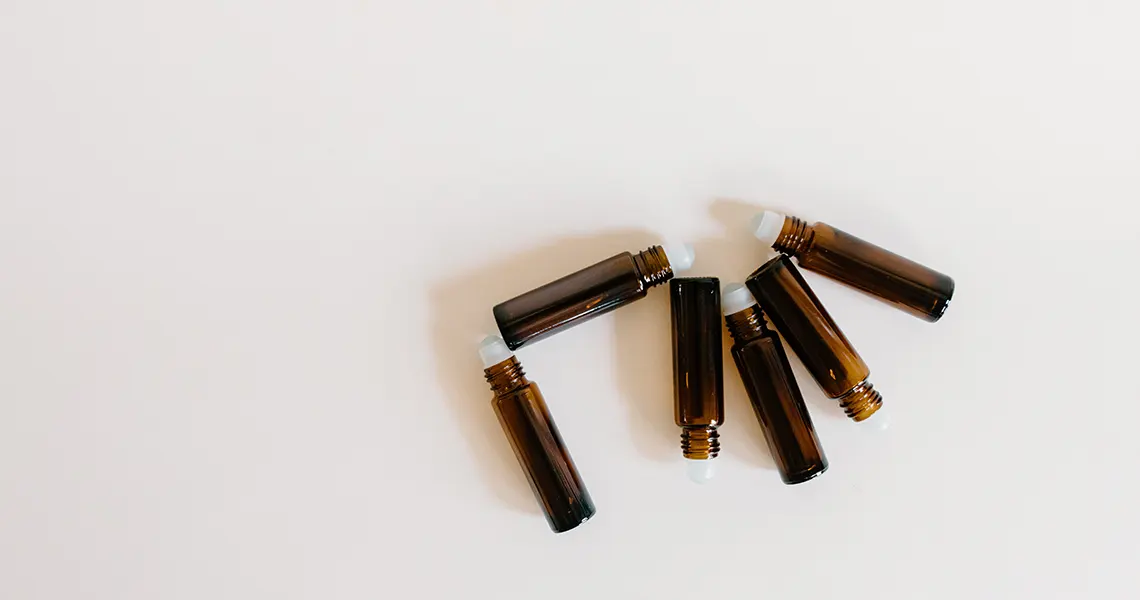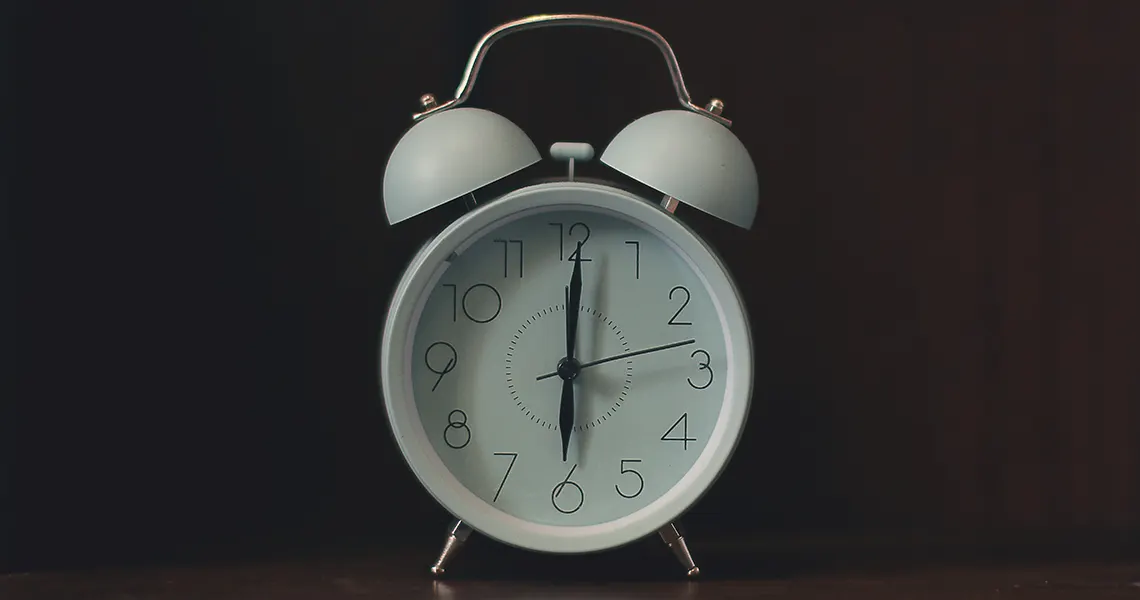
CBD, also known as cannabidiol, is one of the two major biologically active ingredients found in plant-based treatments.
The other major active ingredient is THC, also known as delta-9-tetrahydrocannabinol. CBD, unlike THC, is non-psychoactive and non-intoxicating. By itself, you can rest easy knowing it will not affect your mental or physical functions.
Both CBD and THC can be found in different concentrations in various plant-based treatment options. As such, you may have heard of people using cannabidiol to relieve symptoms of insomnia and sleeplessness. Naturally, this leads many to ask, does CBD make you tired?
In general, CBD should not make you feel sleepy. You may feel somewhat less energised if you consume what medical practitioners consider a large dose; typically above 60mg.
People often claim that cannabidiol has helped them overcome their struggles with sleep, but research in this regard is still lacking. Whether or not cannabidiol is an effective method of relieving sleeplessness is still a contentious topic.
Can CBD oil help with sleep?

For years, research on plant-based treatments has been heavily restricted. Governmental limitations and a largely universal prohibition have prevented large-scale and controlled clinical trials.
Since many western countries have begun relegalisation processes, research has begun to open up again. We are still in the very early phases, however, and the existing evidence should not be seen as conclusive.
A 2014 study assessed the impact of CBD on four patients who suffered from REM sleep behaviour disorder. They found that there was a prompt and considerable decrease in the frequency of RBD-related events without any notable side effects.
Research from 2019 examined the impact of CBD on anxiety and sleep to determine whether or not it improved symptoms. The results suggested that cannabidiol may hold benefits for anxiety and sleep-related disorders, emphasising the need for controlled studies.
A survey in 2021 analysed the reasons people use cannabidiol. They found that respondents reported CBD as an effective treatment for anxiety, sleeplessness and stress. Such evidence is however, anecdotal and not proof of anything.
Unfortunately, until we get data from large-scale clinical and controlled trials, experts cannot say anything with certainty. Early evidence is positive, but not definitive.
Does CBD oil help with tiredness?

The other side of the coin that researchers are considering is whether or not the plant-based treatment can help individuals with chronic fatigue syndrome or any kind of extreme tiredness.
Chronic fatigue syndrome is a condition that involves deep fatigue, unrefreshing sleep, exercise intolerance, and an unclear headspace. As of now, its cause is still unknown. Some experts believe it to be a combination of genetic predisposition and external factors.
Unsurprisingly, research in this regard is non-existent. No evidence currently suggests that cannabidiol could help energise individuals or resolve chronic fatigue.
There may be some associated symptoms of chronic fatigue syndrome that CBD may provide relief for. A doctor who understands your symptoms and the circumstances of your health can advise you in this regard.
Is CBD Safe?

In general, CBD is considered to have a favourable safety profile. Data seems to suggest that most people will have no issue when using CBD as a treatment option.
A review in 2017 confirmed and extended the existing data suggesting CBD is safe. It did, however, illustrate that some important toxicological parameters have not yet been sufficiently explored.
There is also not enough information available on long-term safety and the effect of plant-based treatments on developing brains. Experts thus recommend approaching plant-based treatments with caution and only if a medical practitioner believes it may help.
Be sure to inform your doctor of any existing medication you’re currently taking so they may advise on whether or not CBD could cause complications.
Doctors also advise against using plant-based treatment products if you are pregnant or breastfeeding. Early data suggests a potential for harm and it should thus be avoided.
You may also come across unauthorised products being sold online as CBD, but this is either illegal or inaccurate. These products are often not tested and may contain various contaminants or bacteria. The safety risk is thus significantly higher.
When accessing CBD, only do so via the available legal means and only if you have a prescription from a qualified medical practitioner.
Side Effects of CBD

While cannabidiol is largely safe, it is not completely free of side effects. Most people will not notice a thing, but some have reported a variety of side effects.
Commonly reported side effects that may occur in large doses are lethargy, changes in appetite, dry mouth, drowsiness, and occasionally nausea. There have also been cases of liver damage reported when using high doses of certain CBD products.
There have also been some suggestions that high doses of CBD may increase the tremor of Parkinson’s patients.
Remember to always consult with a doctor who has a good picture of your health before using plant-based treatments containing CBD.
Summary
CBD should not invoke feelings of tiredness unless taken in very large doses. Most people will not experience heavy fatigue and should have no issue using it at any time of the day.
While the naturally occurring compound is often prescribed as a treatment for sleeplessness and symptoms of insomnia, the research is still very much limited.
It’s important to consult with a doctor if you believe plant-based treatments may be beneficial to you. A qualified medical practitioner will prescribe the plant-based treatment if they deem it clinically appropriate.
CBD is generally safe for adults but may result in some mild side effects. If you experience any adverse effects, be sure to stop taking plant-based treatments.
For more information on whether CBD makes you tired, speak to one of our qualified experts today.
